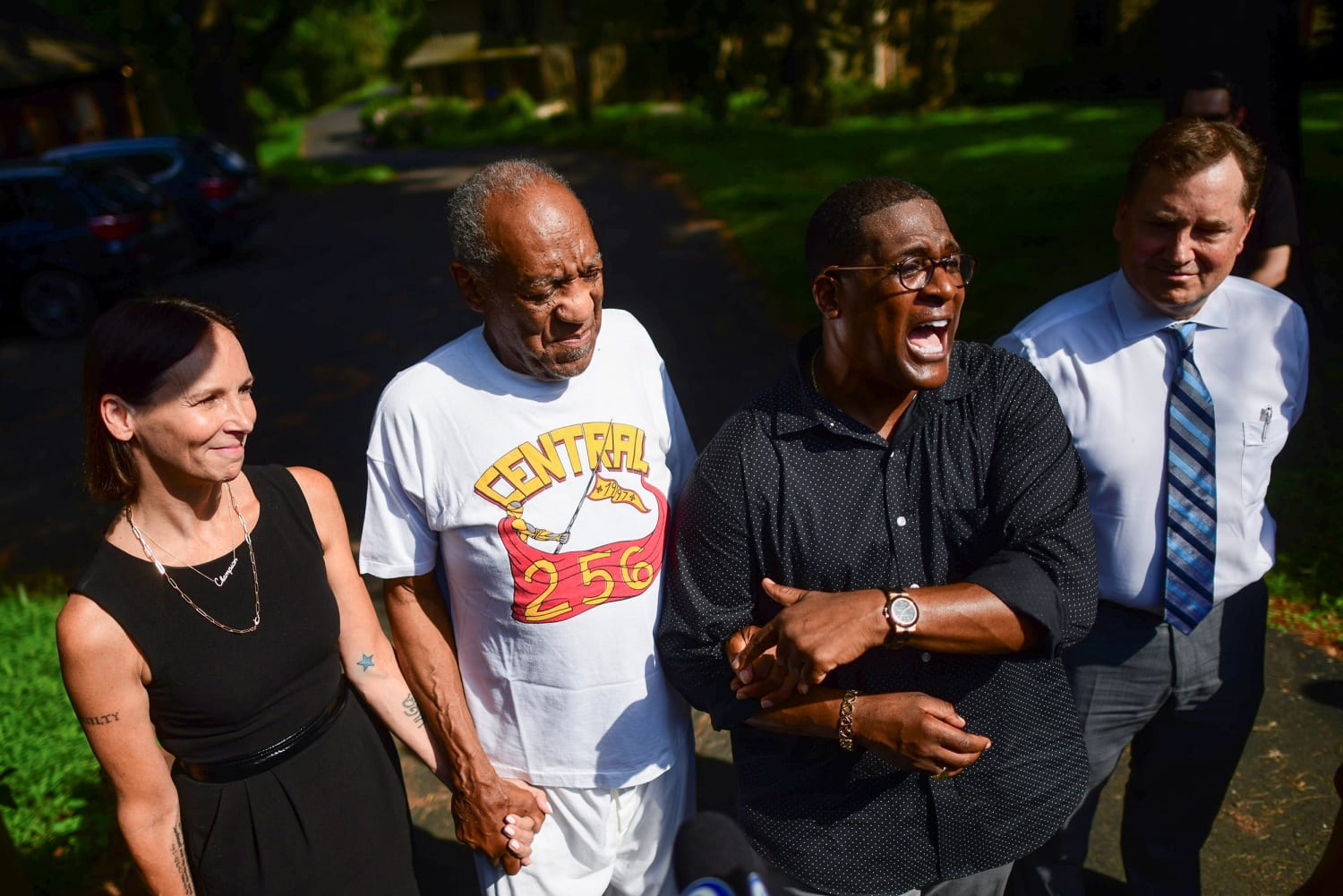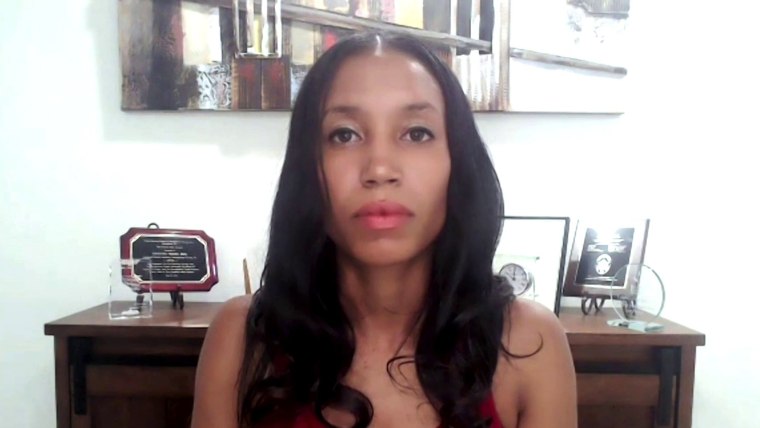When the Pennsylvania Supreme Court overturned Bill Cosby’s indecent assault conviction and ordered his release from prison, his spokesperson, Andrew Wyatt, called it “justice for Black America.” The characterization is in line with the framing Cosby’s legal team has used throughout his prosecution and conviction.
The team has appeared to blame Cosby’s prosecution on a contempt for Black success, disdain for Black manhood, and criminalization. It is a tactic that has taken advantage of Black America’s conflicting opinions about Cosby — who played a beloved father on TV while, in real life, chiding Black people with conservative talking points like berating them for using cultural names and accusing them of failing as parents.
And, by all accounts, it’s worked, said Katheryn Russell-Brown, a professor at the University of Florida Levin College of Law, director of its Center for the Study of Race and Race Relations, and author of The Color of Crime.
“Black protectionism is this kind of shield, this communal blanket, that many African Americans make available to celebrities who find themselves in some kind of legal trouble,” Russell-Brown said. “Cosby’s attorneys are using this to obscure or avert our eyes away from the crime charged and to the system. It’s become this shield that has worked quite well.”
At the time of Cosby’s sentencing in 2018, Wyatt called it “the most racist and sexist trial in the history of the United States.” He described the conviction months earlier as a “public lynching,” and compared Cosby’s situation to that of Emmett Till, the Black teen brutally murdered in Mississippi in 1955 after being falsely accused of making sexual advances at a white woman. The comparison and Wyatt’s language likely conjured up strong feelings among Black people, with stereotypes painting Black men as sexually violent and white women historically wielding their white womanhood against Black men.
This framing of Cosby’s descent even prompted Jewel Allison to grapple with her own decision to come forward with her account of Cosby’s abuse. “Telling my story wouldn’t only help bring down Cosby,” she wrote in The Washington Post in 2015. “I feared it would undermine the entire African American community.”
Ultimately, she decided to speak out even though, she wrote, she struggled with where her allegiance should lie, with the survivors of Cosby’s abuse “or with Black America, which had been systemically victimized.”
“People are looking for ways to deny that the harm took place and even if it did ‘it’s not as problematic as what would happen if we allowed society to bring this Black person down,’” Russell-Brown explained. “Victims are kept within a silo of silence as a result of this.”
Statements and interviews from Cosby, his legal team, and even his wife, Camille, have blamed racial injustice for Cosby’s conviction and incarceration, obscuring and deflecting from the harm of allegedly drugging and assaulting women. At a time when social movements are increasingly focused on reforms in policing and sentencing, activist and organizers’ calls to address mass incarceration have seemed to color Cosby’s portrayal of his downfall. In an interview Wednesday with Philadelphia radio station WDAS-FM hours after his release, Cosby said: “This is for all the people who have been imprisoned wrongfully regardless of race, color or creed.”
Even this subtle condemnation of racism in the nation’s criminal legal system is different for the 83-year-old comedian, who has condemned activists for calling for the system to be reformed. Cosby himself has been criticized for adopting a strain of Black conservatism that all but ignores systemic racism and relies on personal responsibility — most notable in a well-known 2004 address to the NAACP, known as the “pound cake” speech — as the key to equity and Black empowerment.
Cosby was released because of a legal technicality after serving nearly three years of a three-to-10-year sentence. He was convicted on three felony counts of aggravated indecent assault in 2018 for drugging and assaulting Andrea Constand in 2004. Cosby had settled a lawsuit brought by Constand in 2006, but the scandal was renewed in 2014 as some 60 women accused Cosby of misconduct.
Now, even as anti-sexual violence groups condemn the court’s decision and highlight the ways the decision could be “triggering” for survivors of sexual assault, Cosby’s camp has been persistent in their race-based characterization of the yearslong scandal. In a statement to his supporters on social media, Cosby is shown in a photo raising his fist, a gesture long associated with Black empowerment.
“He’s been very critical of poor Black people,” Russell-Brown said. “There’s been this whole victim-blaming, blaming-the-poor-person posture from Cosby. Now, when it comes to the presentation of Cosby by his attorneys, it’s, ‘It’s the system! It’s the system!’”
Source: | This article originally belongs to Nbcnews.com











